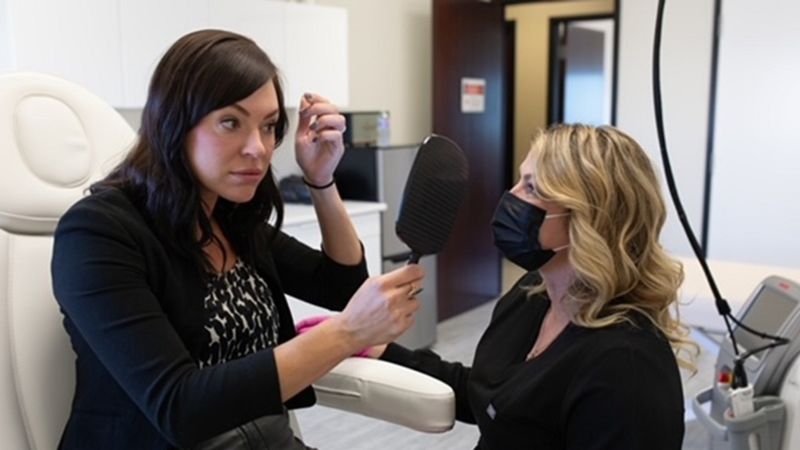Chicken soup as good as a pill when it comes to collagen
DEAR DR. ROACH: Could you please address the benefits and safety of taking an oral collagen supplement. I am confused, as there are so many collagen products on the market professing miraculous results with regard to diminishing or preventing wrinkles, strengthening the nails and hair, and helping with joint pain. I have been taking a supplement for the past several months and have not seen improvement in any of these areas. Some salespeople in the health stores seem to be of the opinion that you need to take supplements that contain collagen itself, while others believe you need a supplement to promote the formation of collagen. I am wondering if any of these supplements really work or if they are all a waste of money. I have been treated for cancer in the past and am concerned about the safety element as well, so that is why I chose a supplement that is not derived from animals. — Anon.
ANSWER: Collagen is a structural protein found in connective tissue of all animals. Like all proteins, collagen is made up of amino acids, which are broken down in the stomach and absorbed in the intestines. Without adequate amino acids (particularly proline and arginine), the body can’t make collagen optimally. Thus, collagen itself is sold as a supplement. Other co-factors are needed to make collagen, including vitamin C and copper. There are several different types of supplements that contain these or other micronutrients purported to help collagen synthesis.
Taking in adequate amounts of the building blocks of collagen is important in order for the body to make it; however, the clinical benefit on improving hair, nail or bone strength, or for improving joint symptoms, has not been proven.
I wouldn’t recommend an expensive supplement. You absolutely can get all the amino acids and micronutrients you need from a healthy diet. People who want to supplement their collagen intake can have some chicken soup (the collagen from the bones will come out into the broth).
As far as safety goes, I have read some (unproven) concerns that collagen supplements come from parts of animals that are not normally eaten, and these might be higher in environmental toxins than what we eat as food. A supplement that does not come from animals would remove those concerns, but I still think it’s unnecessary and of unproven benefit.
DEAR DR. ROACH: I am a 71-year-old male, and while I have had some recent heart problems, I expect to live for some time. My question is, When I die, would it be better to donate my organs for transplant or donate my body to a nearby medical school to be used as a cadaver? I wonder if my organs still have value as transplants. — W.B.
ANSWER: While it is of benefit to society to donate either your organs or your body, the most pressing need, and the one that will immediately save lives, is being an organ donor. A person of any age has the potential to be an organ donor. Many organs and tissues are very useful without a concern about the age of the donor. Older people often are under the misperception that they can’t donate.
It’s easy to register: In the U.S., start at organdonor.gov/register.html. In Canada, start at tinyurl.com/organ-canada.
People may still donate their body to science after organ donation. This is normally coordinated by an academic medical institution in your area, but I found at least one company who facilitates this process (medcure.org). Cremated remains are returned to family members or scattered.
* * *
Dr. Roach regrets that he is unable to answer individual letters, but will incorporate them in the column whenever possible. Readers may email questions to ToYourGoodHealth@med.cornell.edu or send mail to 628 Virginia Dr., Orlando, FL 32803.
(c) 2018 North America Syndicate Inc.
All Rights Reserved


